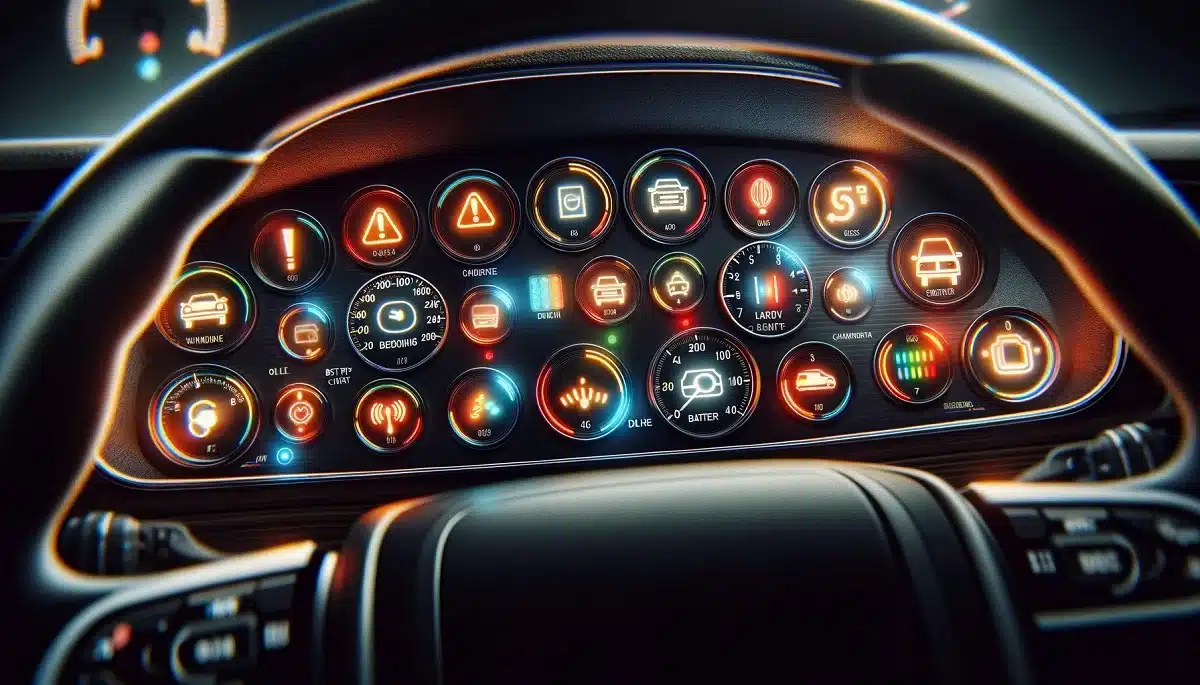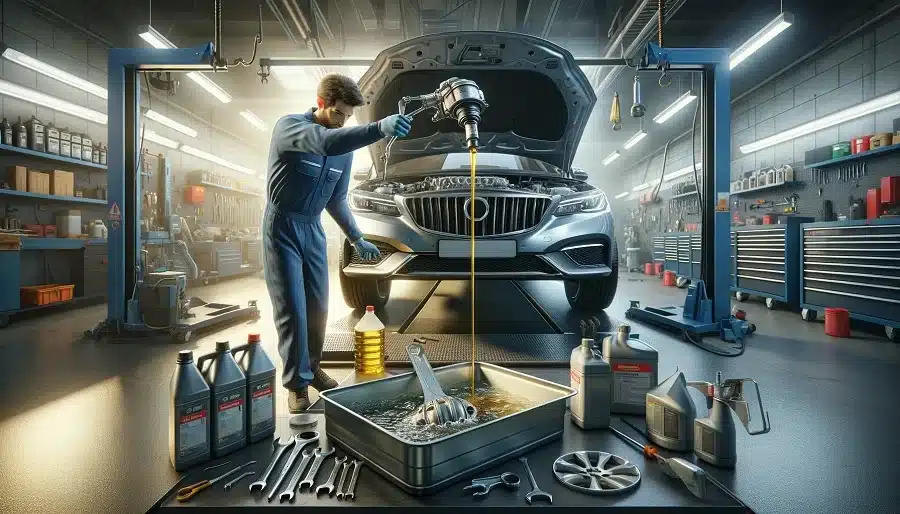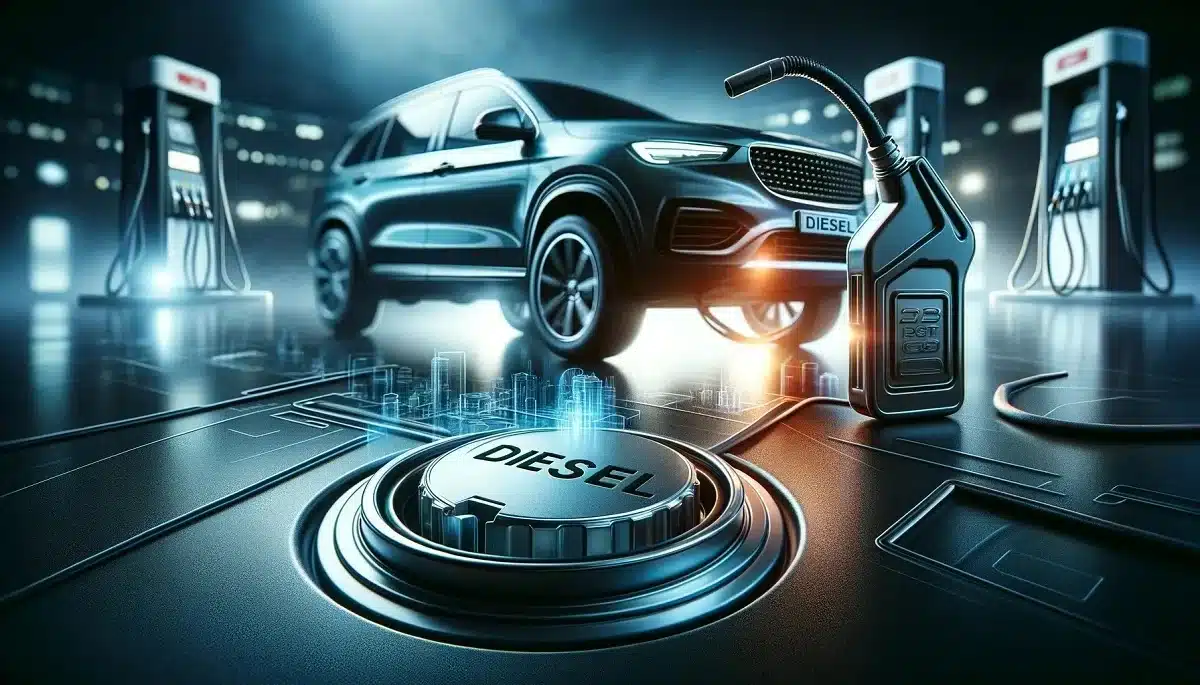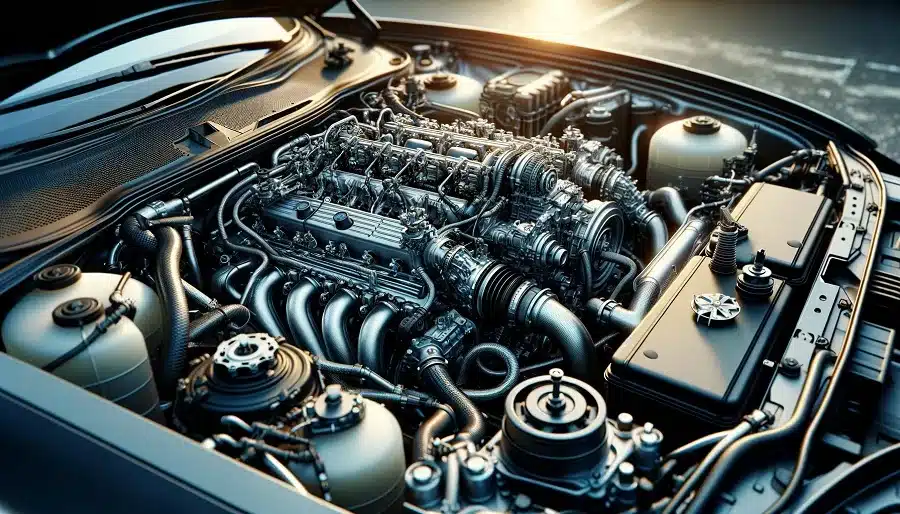Fuel consumption is a significant cost factor for vehicle owners, and for frequent drivers, this becomes even more critical. With rising fuel prices, reducing fuel consumption in vehicle usage has become more important than ever. Here’s what you need to know about reducing fuel consumption and vehicles with low fuel consumption:
Tips for Reducing Fuel Consumption in Vehicle Use
- Use Higher Gears: Driving in as high a gear as possible keeps the engine RPM low, contributing to fuel economy.
- Minimize Idling: Prolonged idling leads to unnecessary fuel consumption. Turning off the engine during long waits saves fuel.
- Regular Maintenance: Regular vehicle maintenance ensures the engine runs more efficiently, reducing fuel consumption.
- Avoid Overloading: Excess weight puts additional load on the engine, increasing fuel consumption.
- Avoid Sudden Braking and Acceleration: Sudden stops and starts significantly increase fuel consumption.
- Clean Air and Oil Filters: Clogged filters can cause the engine to consume more fuel.
- Drive at Optimal Speeds: Vehicles have a speed range where they operate most efficiently and consume less fuel.
- Limit Air Conditioning Use: Using air conditioning, especially at low speeds, increases engine load and fuel consumption.
- Tire Pressure: Low tire pressure increases rolling resistance, leading to higher fuel consumption.
- Use of Windows and Sunroof: Opening windows and sunroof while driving increases aerodynamic drag, raising fuel consumption.
Which Vehicles Have Low Fuel Consumption?
Fuel consumption is an important criterion when choosing a vehicle. Generally, vehicles with small engines, hybrid cars, and some diesel engines consume less fuel. Hybrid vehicles, in particular, offer significant fuel savings in urban use due to the advantage of the electric motor. Additionally, electric vehicles developed in recent years have the potential to reduce fuel costs almost to zero.

Which Vehicle Should I Buy?
When buying a vehicle, consider not only fuel consumption but also the vehicle’s purpose of use, comfort level, maintenance costs, and resale value. If primarily used in the city, a small petrol engine or hybrid vehicle might be suitable. For long-distance driving, diesel vehicles or electric vehicles with high fuel efficiency can be preferred.
Reducing fuel consumption and thereby costs is possible with conscious driving habits and the right vehicle choice. By selecting a vehicle that suits your driving style and needs, you can protect your budget and contribute to the environment.




